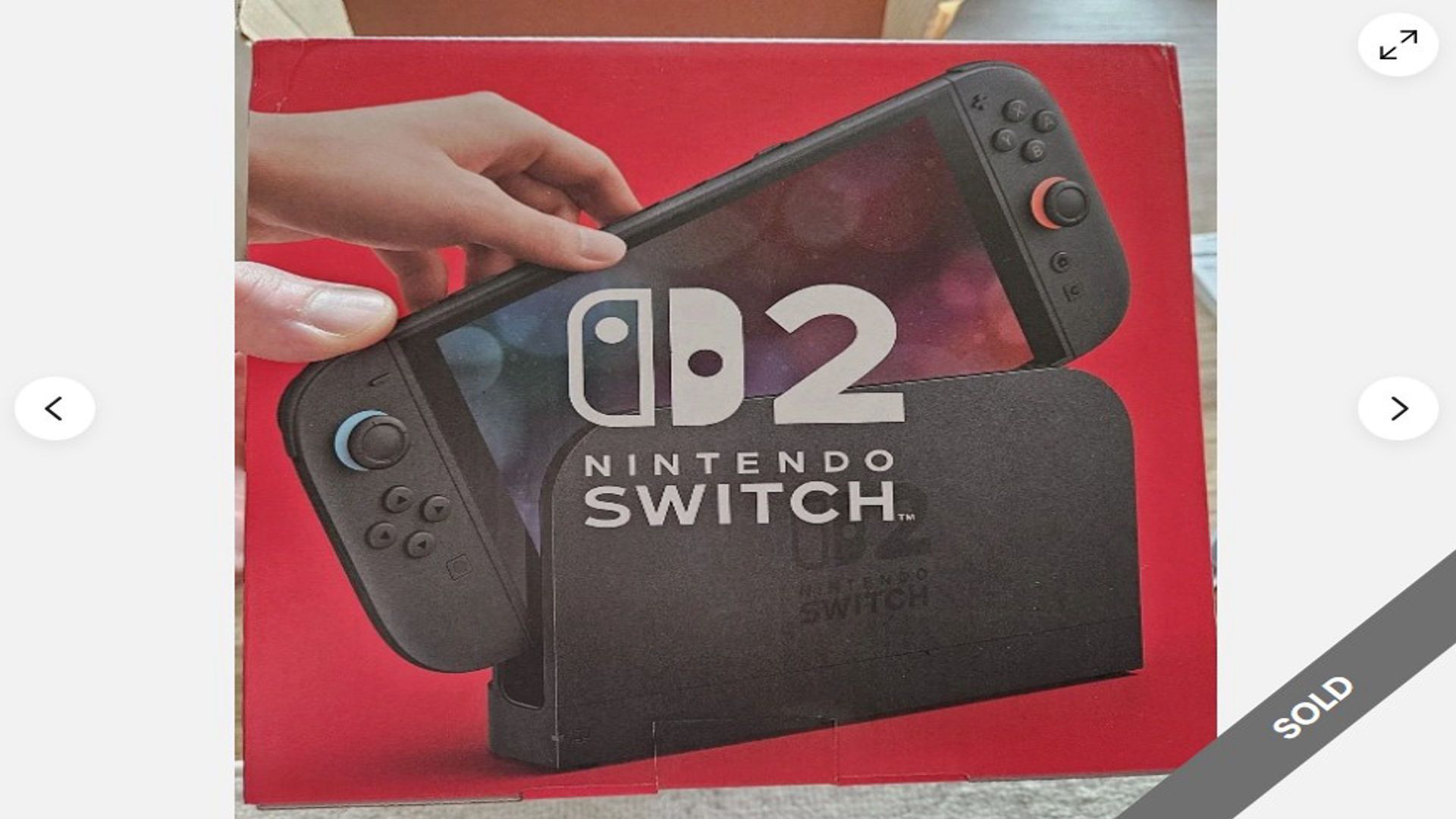In the whirlwind of new console launches, the Nintendo Switch 2 arrived with significant fanfare and impressive initial sales figures. Yet, for some early adopters, the experience has led to an unexpected conclusion: selling the console and finding no regret in the decision. This isn’t a story of disappointment in the hardware itself, but rather a reflection on what truly drives value in a gaming experience, especially when the latest and greatest might not align with immediate needs.
The Launch Lineup: More of the Same?
One of the primary considerations for any new console purchase is the game library, and for the Switch 2, the initial offerings presented a familiar landscape. While technically superior, many of the launch titles were ports or enhanced versions of games already available on the original Switch. This meant that for players who had already experienced these titles, or who still owned the first-generation console, the incentive for an immediate upgrade based purely on new software was diminished. The absence of a truly groundbreaking, must-play exclusive that fully leveraged the Switch 2’s capabilities left a void for some, making the decision to part ways with the new hardware surprisingly easy.
Value Proposition: Is the Upgrade Worth the Price?
The Nintendo Switch 2 undoubtedly brings welcome technical advancements. With a larger, more responsive screen, redesigned magnetic Joy-Cons, and enhanced processing power, it offers a more refined experience. However, these improvements come at a price point that demands consideration. For those who already owned an original Switch and found it perfectly adequate for their gaming habits, the jump to a new console, costing around $450, felt like a significant investment for what, at launch, amounted to incremental benefits rather than a revolutionary leap. The question became: was the enhanced fidelity and slightly smoother performance worth the premium, especially when the existing library was largely backward compatible?
- Lack of truly exclusive, system-selling games at launch.
- Significant financial outlay for an upgrade that felt iterative.
- The original Switch continued to offer a robust and enjoyable gaming experience.
Embracing Gaming Freedom Beyond the Hype
Ultimately, the decision to sell the Switch 2 was less about a critique of the console’s potential and more about a personal re-evaluation of gaming priorities. For some, it was about shedding the pressure to always own the newest tech and instead focusing on the vast back catalog of games they already possessed, or exploring other platforms that offered more immediate value. The freedom from the “fear of missing out” (FOMO) on the latest console trend allowed for a more deliberate and cost-effective approach to gaming. It highlighted that sometimes, the most satisfying gaming experience isn’t about having the newest hardware, but about playing what you enjoy, when you enjoy it, without unnecessary financial burden.
In conclusion, while the Nintendo Switch 2 is a capable and promising console, the early adopter experience for some has shown that immediate ownership isn’t always the most fulfilling path. Selling the console, for these individuals, was a surprisingly liberating choice, underscoring that personal value and gaming habits often outweigh the allure of the latest release, especially when the initial software lineup doesn’t quite hit the mark.
Source: https://www.howtogeek.com/i-already-sold-my-switch-2-and-i-dont-regret-it/
